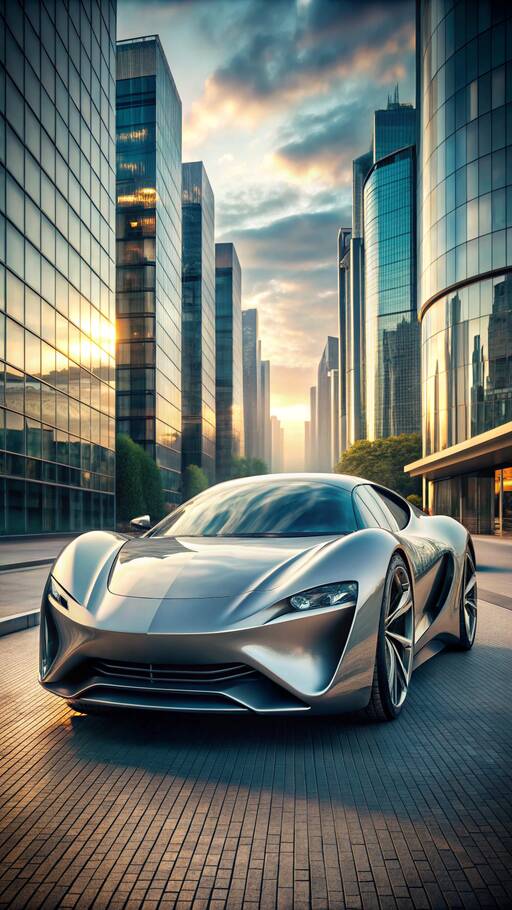
At the FT's Future of the Car summit, industry experts urged automakers to create vehicles that not only endure but also respect the planet. Andrea Debbane, Sustainability Chief at Jaguar Land Rover (JLR), emphasizes designing vehicles with their entire lifecycle in mind, including the elusive Scope 3 emissions, which cover the whole supply chain.
Longbow Motors, under the leadership of Daniel Davey, is pioneering this vision. They're crafting fast electric cars using sustainable, recycled aluminum, achieving a 75% reduction in CO2 emissions. Their philosophy shifts away from the current "new model, new lease" cycle to fostering cars that are modular, maintainable, and endlessly recyclable.
Debbane stresses the need for manufacturers to break down silos and embrace full collaboration with their supply chains. "Going upstream," as she puts it, involves engaging with industries like mining, long before any vehicle takes form. JLR exemplifies this by investing in innovative projects, such as extracting nickel from plants, which could redefine automotive production.
The vision extends beyond making electric cars; it's about crafting vehicles that transform into family heirlooms. Automakers are beginning to see the merit in this approach, aiming to weave environmental responsibility into the fabric of car design and production.
Longbow Motors envisions a world where cars last a century through sustainable design and collaborative supply chains. By innovating beyond traditional automotive practices, they aim to create vehicles that are not only efficient and eco-friendly, but also treasured artifacts of the future.